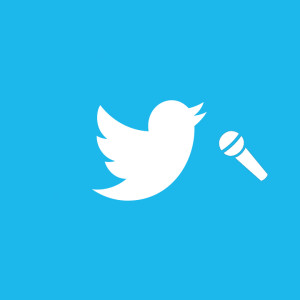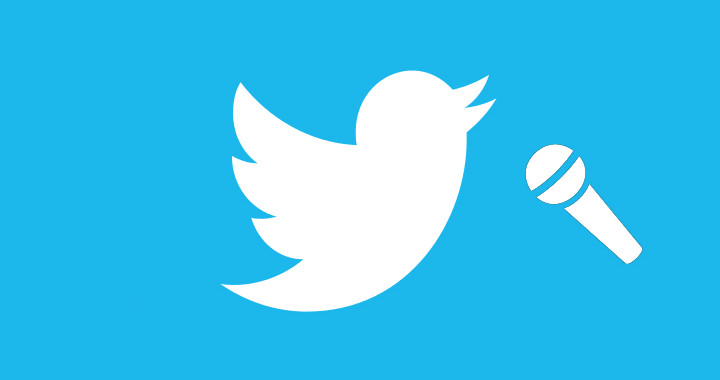 A few months ago, I turned on the TV in the background as I got ready for work. A report came on that caught my ear. “Ashton Kutcher and Demi Moore are splitting up,” it announced.
A few months ago, I turned on the TV in the background as I got ready for work. A report came on that caught my ear. “Ashton Kutcher and Demi Moore are splitting up,” it announced.
While I’m a big fan of 1980’s Demi Moore, I could care less about most celebrities today. Celebrity news is the equivalent of a car wreck on the highway. Everyone stops to watch, even though they already know what they’ll see.
Anyhow, the interesting part about it was that there were no “real” statements from either person. Virtually all of the information was obtained from…are you ready? Twitter.
That’s right. The hard journalists at ABC, on one of the highest-rated morning shows in the land, could’t seem to get a statement from real people. Or could they?
In the past, I wrote a post about five excuses to Tweet at work, so I do see the huge value inherent in tweeting. But to create a TV report solely based on information from Twitter…isn’t that extreme? After some thought, I’ve decided that, no, it’s not. In fact, Twitter is a public personality’s best defense against the media. After all, what is it that the media uses most of all? It’s the sound byte.
Here’s how it goes: a reporter in any field will have a long discussion with the subject of their interview. Then, they’ll chop up five minutes into five seconds, with sound bytes to support a story angle they probably already chose before they started the interview.
So, if you’re the person being interviewed, you’re essentially screwed, unless you’re a PR ninja like my friend Shawn Wood. So what’s a celebrity to do?
Let’s dissect a tweet.
- It’s a very short statement.
- It takes less than five seconds to read.
- It’s authenticated, so it’s likely to come directly from the source.
Sounds a little like a sound byte, doesn’t it? Sure, that last one could be faked or given by an intern or PR person, but that’s the same as a lot of public statements. They’re written by publicists and access is carefully planned.
The big difference between a tweet and a sound byte is that the celebrity chooses what gets “aired,” when it’s released, and exactly how to say it. And that choice eliminates the media filter, allowing the audience to read the statement directly and make up their own minds.
Now, it certainly won’t stop the media from doing their usual stories and interpretation, but it does give an element of control back to the speaker. Not only does the tweeter control the message, but it also eliminates media decisions on message delivery, body language, and facial expressions.
So maybe, just maybe, Twitter has given each of us a little more control over how we’re perceived. What we do from there is up to us.
